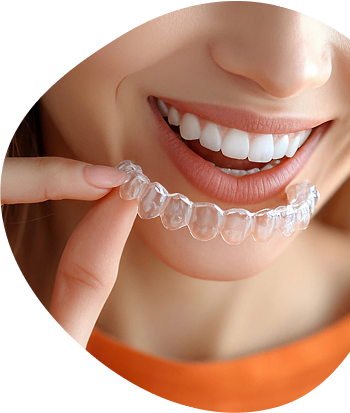Having sealants applied to your teeth is one of the easiest and least invasive ways to protect them from potential decay. While sealants are most commonly used on children and teenagers, they’re just as effective when applied to the teeth of adults. Sealants have come a long way since their introduction in the 1960s and have never been cheaper or safer than they are now. They come highly recommended for both children and adults.
What are Sealants?
Sealants are thin protective coatings that are applied to the teeth in the back of your mouth. They’re most commonly made of plastic, but some dentists use other materials as well. They’re kind of like raincoats for your teeth. The smooth plastic is hard for bacteria to attach to and helps protect your enamel by providing an extra layer of armor over the tooth. Sealants also fill in some of the smaller cracks and grooves in your tooth that are difficult to clean. When applying a sealant, your dentist will use a small amount of acidic gel to rough up the surface of your tooth, making it easier for the plastic to adhere. Then, they will apply the plastic coating before using a special blue light to harden it.
Benefits of Sealants for Adults
The benefits of sealants for adults are pretty much the same as the benefits for kids or teenagers. The sealant provides an extra layer of protection around your tooth and helps prevent cavities and other damage. They’re safe, inexpensive, and are easy to apply. According to reports from the CDC, sealants reduce the risk of decay in molars by almost 80%, so they’re well worth it if you’re worried about cavities.
If you’re interested in getting sealants on your teeth, give Crossroads Family Dentistry a call to set up an appointment or get more information.










.png)


